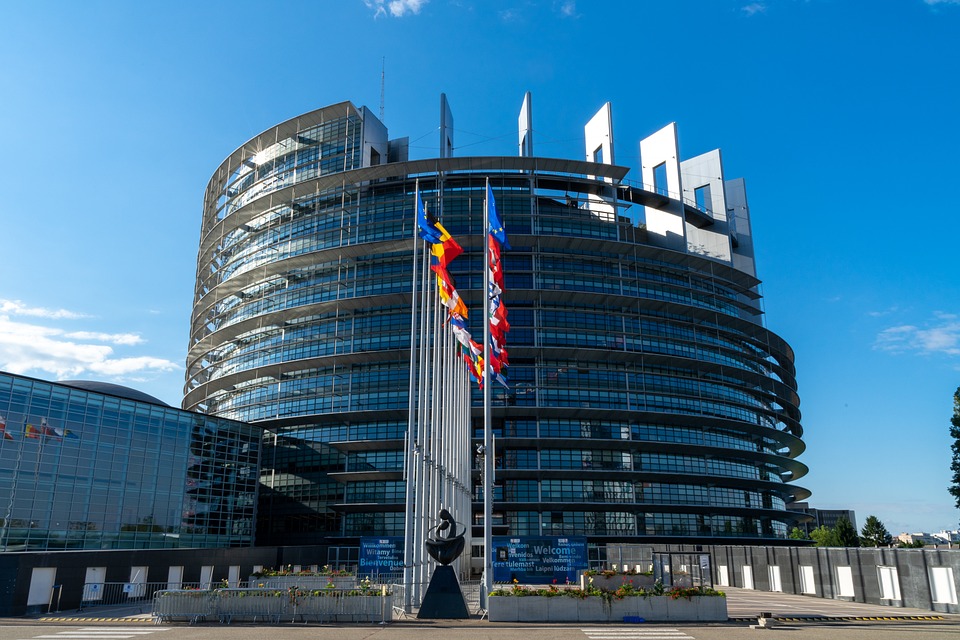European pharmaceutical companies are sounding the alarm over the potential relocation of operations to the United States due to looming tariffs on the sector, as warned by US President Donald Trump. At a crucial meeting with European Commission President Ursula von der Leyen, the European Federation of Pharmaceutical Industries and Associations (EFPIA) highlighted the risk of a significant shift in production, which could have costly implications for both Europe and the US.
While European pharma companies, including industry giants such as Bayer, Novartis, and Novo Nordisk, are currently exempt from Trump’s broader import tariffs, the US president has signaled that separate tariffs could soon apply to pharmaceuticals. The EFPIA warns that this uncertainty could dissuade investment in Europe and push companies to move their operations to the US, where the pharmaceutical market is the largest globally.
However, the cost implications of such an exodus could be far-reaching. While the US offers a massive market for pharmaceutical sales, relocating production facilities would come with significant financial burdens. The US has notably higher production and operational costs compared to Europe, driven by labor, regulatory requirements, and infrastructure expenses. Moreover, shifting operations to the US could disrupt established global supply chains, making it more difficult and expensive for pharma companies to maintain their international reach.
In response to potential tariffs, European companies may look to jurisdictions with much lower production costs to offset any additional tariff-related expenses. This would likely involve relocating manufacturing to countries with cheaper labor, fewer regulatory burdens, and more cost-effective value chains—potentially in emerging markets such as India or Southeast Asia. This shift would not only undermine Europe’s position as a leader in the global pharmaceutical sector but could also result in lost jobs and reduced economic activity in both Europe and the US.
The EFPIA has urged the European Union to implement urgent regulatory reforms to safeguard the pharma sector’s competitiveness. These reforms would need to address issues such as intellectual property protections and a more innovation-friendly environment. Without such measures, the EU risks seeing its pharmaceutical industry weakened, potentially causing an exodus of jobs, innovation, and critical economic activity.
Ultimately, both Europe and the US could face losses if the industry’s production is shifted to lower-cost countries. The US might lose out on the advanced manufacturing capacity, innovation, and high-value production it currently benefits from through its partnerships with European firms. Meanwhile, Europe would lose not only vital investment but also key research and development capabilities that fuel global pharmaceutical advancements.
In response, the European Commission has proposed counter-tariffs on US goods, including agricultural products and motorcycles, in a bid to balance the economic impacts. However, the ongoing uncertainty continues to put both the European and US pharmaceutical markets at risk.



